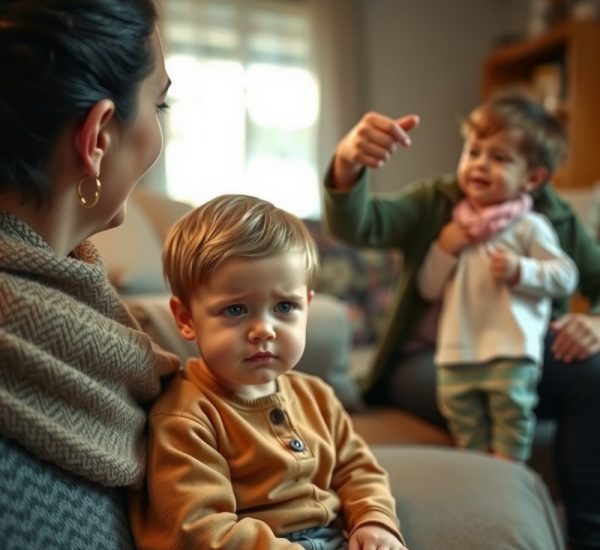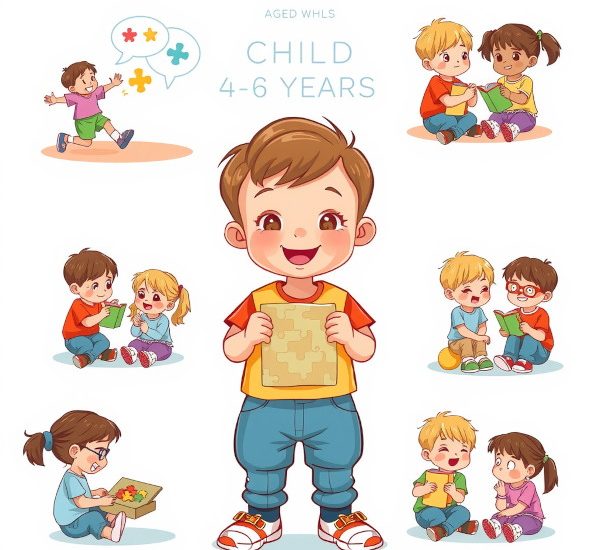I must admit that learning discipline was not one of the defining aspects that guided me in becoming the adult I am today. It required a significant amount of awareness and personal effort, including therapy, to acquire this skill. This doesn’t mean that I have achieved perfection; it is more of an ongoing journey throughout life. I believe that if I had learned these aspects as a child, the work would have been easier, but it is never too late.
In parallel with the development of empathy and understanding of emotions, discipline has been an essential component in my process of self-discovery and adaptation to life’s challenges.
What discipline is not?
Before exploring how we can effectively cultivate discipline in education, let’s clarify what discipline is not. Discipline is not about imposing authority in a dictatorial manner or inhibiting creativity and individual expression. It does not involve applying severe punishments or ignoring the needs and aspirations of children.
As we discussed regarding empathy, I grew up in a culture where freely expressing emotions was discouraged. Discipline was often associated with strict conformity and enforcing rules without providing explanations. However, learning discipline does not have to exclude open dialogue and effective communication.
What is discipline?
Discipline, in its authentic sense, represents a set of values and rules that guide children’s behavior and personal development. It is a process of self-control and managing impulses, teaching children to make responsible choices and to assume the consequences of their actions.
Discipline, first and foremost, means teaching children to take responsibility for their actions. Instead of imposing arbitrary rules, we can involve children in setting them, explaining the positive and negative consequences of their choices. Through this active involvement, we teach them not just the rules but also the reasoning behind them.
Another crucial aspect of learning discipline is consistency. Children need a stable and predictable framework to understand limits and feel secure. Consistency in applying rules and consequences contributes to forming a coherent environment and trust in the relationship with adults.
It is also important to recognize that discipline does not mean demanding perfection. Children will make mistakes, and healthy discipline involves learning from these experiences. Instead of condemning, we can guide and support them in the process of self-correction.
Just as empathy was a key component in children’s development, discipline teaches them to manage their emotions and behaviors in a constructive manner. It is a skill they will carry with them into adulthood, helping them achieve their goals, maintain healthy relationships, and positively contribute to the community.




